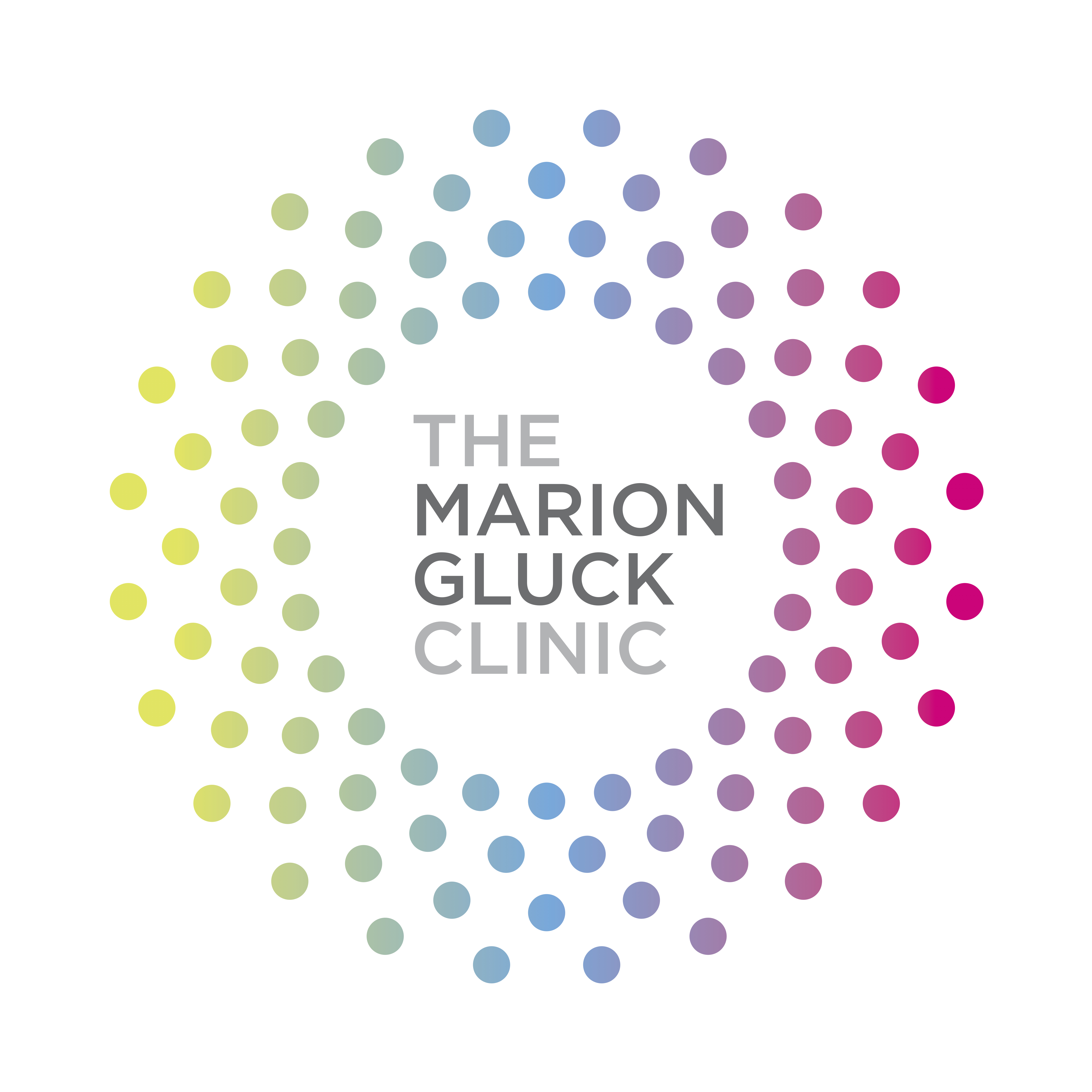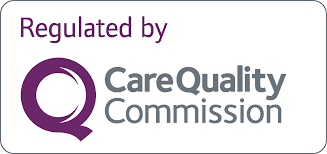What is a Cyster?
Type the word “Cyster” into Google and you will be flooded with over one million search results. But what exactly is a Cyster and how is the word helping to empower women in taking back control of their reproductive health? Let’s find out.
From the pain of wearing high heels to societal pressure to shave off every last bit of our body hair - us women don't have it easy, and never is this more true than when it comes to our hormones. Polycystic ovary syndrome (or PCOS for short) affects 1 in 10 women in the UK and is known as one of the most common causes of infertility for us females.
But what is a Cyster?
Cyster is the term given to women who have PCOS. A play on the words “cyst” and “sister” - get it? But a Cyster is more than just a six letter word. It's become a movement to empower women and create a community of support for each other.
From a Cyster starting her own women's support group after being told to keep her diagnosis a secret to another Cyster creating her own podcast to educate others on the condition.
The movement is growing and Cysters really are doing it for themselves, helping to break down barriers in women's health and taking some of the stress and anxiety away from a PCOS diagnosis.
But what is PCOS and how do you even get it?
PCOS is linked to hormonal imbalances in the body with a very long list of symptoms that women may have to contend with, including:
Ovarian cysts
Irregular periods, light periods or no period at all
Difficulty in getting pregnant
Pelvic pain
Bloating
Weight gain
Excessive hair growth usually on the face, neck, chin or buttocks
Thinning hair on your head
Acne
Mood swings
Anxiety
Depression
Fatigue
Not only this but PCOS can also exacerbate PMS symptoms. The exact cause of PCOS is unknown, but it is thought to run in families and is caused by your ovaries producing too many androgens, such as testosterone.
How are you diagnosed with PCOS?
You may now know the answer to what is a Cyster but do you know how you become one?
To be diagnosed with PCOS, you need to have at least two of the following:
Irregular periods
An overproduction of androgens
Polycystic ovaries, follicles of fluid-filled sacs surrounding the eggs
PCOS can be challenging to diagnose, and there is no one-size-fits-all approach to treatment. Along with the physical effects, PCOS can cause a lot of worry for women, particularly those who are concerned about their fertility. It can also be a major knock to a woman's confidence and body image due to symptoms like weight gain, excess body hair and acne.
But a PCOS diagnosis doesn't have to mean the end of the world and so in the spirit of Cysterhood we thought we would clear up a few of the misconceptions around PCOS.
Irregular periods mean I must have PCOS
Wrong. Although many women assume that they have PCOS if they have an irregular menstrual cycle, this is not always the case. There can be many different factors that can mess up your monthly flow, such as stress, weight loss or gain or even other hormonal imbalances you aren't aware of. If you are concerned about your menstrual cycle it is important that you see a doctor to get to the root of the cause.
Infertility is inevitable with PCOS
Wrong. This causes a lot of stress and anxiety for many women who have been diagnosed with PCOS. Although PCOS can cause infertility in women, it is completely treatable with either lifestyle changes or medication to help bring on ovulation.
PCOS is a lifelong sentence of symptoms
Wrong again. Once you are diagnosed with PCOS you may think you have to put up with the symptoms for life, which can be both a frustrating and upsetting thought. But PCOS is a treatable condition. While it cannot be ‘cured’, the symptoms can be reversed through changes to your lifestyle and the rebalancing of your hormones. Maintaining a healthy weight and embracing a healthy diet and exercise routine can significantly alleviate PCOS symptoms.
Women with PCOS have low levels of progesterone due to their less frequent or lack of ovulation, this low hormonal level can exacerbate PCOS and PMS symptoms. Progesterone is needed to function correctly and it has been shown to be an effective treatment for women with PCOS by helping to restore their hormonal balance.
How we can help
At Hormones + You, our bioidentical PMS cream increases the levels of depleted hormones in your body caused by PCOS. Our cream is natural, meaning that it is bio-identical to the hormones you already have and a safe and effective treatment for many of the symptoms experienced by women with PCOS. From improving your mood and skin to combating bloating and weight gain.
So if you are a Cyster who needs help with her PCOS or you are experiencing symptoms of a hormonal imbalance, then start an online consultation with us now.






